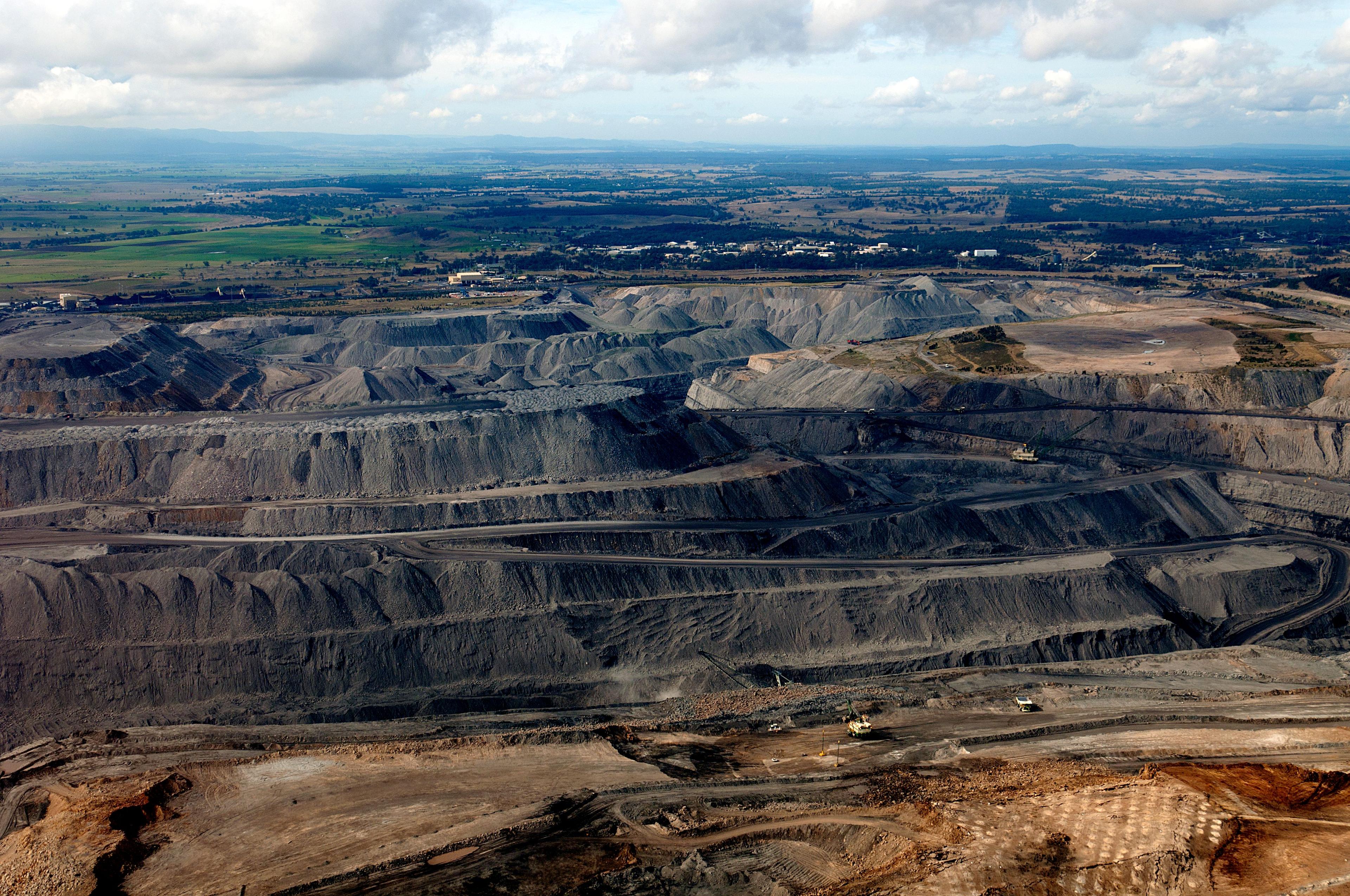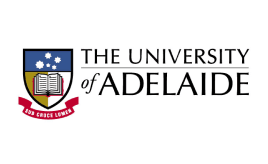Living Wonders court judgement legal but immoral - Continued approval of coal mines harms people and biodiversity

Australia currently has over 90 operating coal mines and 200 known coal deposits. Image: Max Phillips, CC BY 2.0 DEED
Media Release
25 October 2023
According to a major new decision of the Federal Court, the federal government can ignore the risk that fossil fuel projects pose to protected plants, animals and places, when deciding whether or not to approve fossil fuel projects.
The ruling is in response to the Environment Council of Central Queensland challenging two coal mine decisions made by Minister Plibersek on the grounds that they will impact Matters of National Environmental Significance by exacerbating climate change.
While the Biodiversity Council respects the court’s decision, the independent expert group says that it is absurd to continue approving coal mines in Australia from a scientific, ecological, and human survival perspective. And that this ruling highlights the need for a major overhaul of environmental law and policy.
The Biodiversity Council was founded by 11 Australian universities and brings together leading experts, including Indigenous Knowledge holders, to promote evidence-based solutions to Australia’s biodiversity crisis.

Australia currently has over 90 operating coal mines and more than 200 known coal deposits. Image: The Greens, CC BY-NC-ND via Flickr
What the experts say
Biodiversity Council member Professor of Environment and Climate Law Jan McDonald from the University of Tasmania:
“The judgment of Justice McElwaine re-affirms the position that decisions on new coal mines are not required to assess their climate impacts under our national environmental law.
“In judicial review cases, the Court cannot substitute its opinion of what the Minister should consider - it can only determine whether an approval would be unlawful if it failed to consider climate impacts.
"The Minister currently dismisses the impacts of further emissions from Australia coal and gas on two grounds: either ‘if we don’t sell the coal, someone else will” and emissions from one new coal mine are just a “drop in the ocean”, compared to global emissions.
“The Federal Court has confirmed that this approach is consistent with the current law.
“From a legal point of view, there is nothing new to see here. But from a national climate, biodiversity and liveability point of view, it is clearly absurd for the government to approve coal mines using the argument that the specific impact of a mine is not discernible.
“This decision highlights the urgency of legislative reform. As we face the consequences of a dual biodiversity and climate crisis, Parliament must amend our national environmental laws to require the emissions from new coal and gas projects to be an essential part of decision-making.”
Biodiversity Council member Professor of Wildlife Ecology and Conservation Euan Ritchie from Deakin University:
“Society faces two existential, interlinked, and compounding crises, climate change and biodiversity decline and extinction. They must be addressed together, through policy, legislation, and direct actions. Continuing to fail to do so condemns society and all life on Earth to a perilous future.
“To not explicitly consider the impacts that industry, including fossil fuel production, might have on climate change and biodiversity is to stand in denial of laws of physics, and to disregard climate and ecological science. It also fails to ensure a duty of care for all Earth’s inhabitants.”
“Great opportunities exist for economic, cultural, social, and environmental gains as part of revised and strengthened environmental legislation.”














